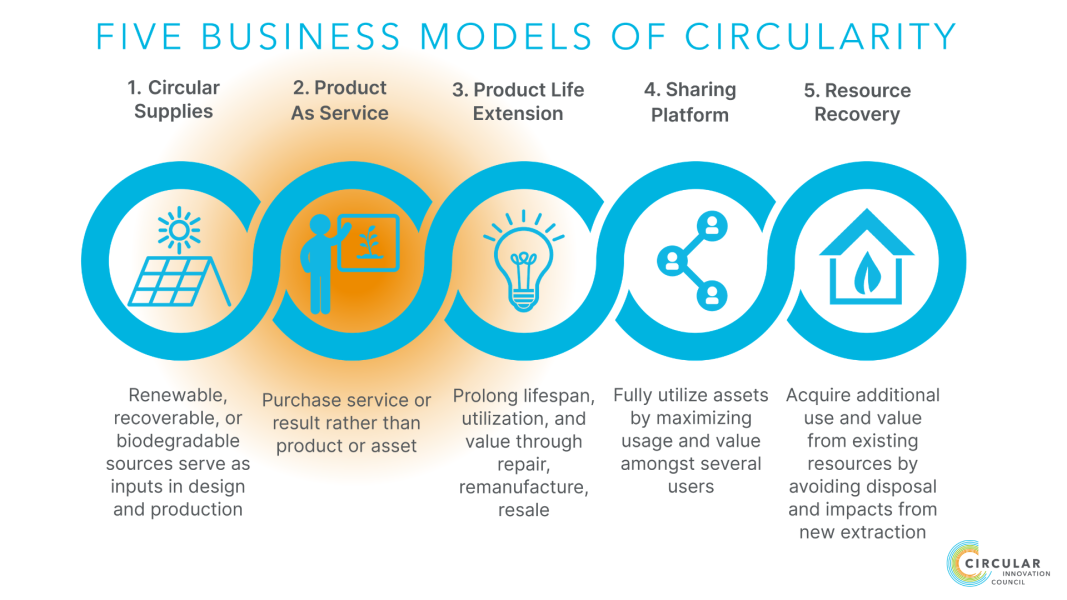
Canada is gearing up to dramatically reduce its greenhouse gas emissions but will need government support to hit net-zero emission targets.
In an online roundtable on May 13, policy experts said that even “smokestack industries” in Canada can become low-carbon sectors using existing technology. To make the transition, however, they’ll require government subsidies.
Manufacturers generate more than 10% of the country’s gross domestic product, export more than $354 billion in goods annually, and employ 1.7 million Canadians. Energy-intensive heavy industry – including steel, cement, pulp and paper, and chemicals – accounts for 85% of the sector’s emissions.
Smaller manufacturers, meanwhile, are facing increasing efforts to improve material recycling, a move that would reduce waste and lower the GHG intensity of their supply chains. The effort is hampered by the fact that waste disposal remains inexpensive in Canada, especially when compared to enhanced recycling systems.
As part of her presentation, Jo-Anne St.Godard, Executive Director, Recycling Council of Ontario, emphasized that in order to quickly and effectively improve the economics of recycling actions three distinct actions are needed:
In addition, Canada has long relied on offshore markets to process material, which has depleted stock for our recycling processors. The resource recovery industry needs more sustainable supply and demand for conditions to thrive.
Requiring supply chains to include circular innovative solutions by increasing demand, and bolstering recycled content specifications, starting with governments through to private sector, will stimulate domestic processing community in Canada.
We respectfully acknowledge that we live, work and play on the traditional territory of many Indigenous Nations and we humbly extend our respect to Indigenous individuals, communities and Elders, past and present, as the traditional custodians of this land.
Circular Innovation Council is a registered charity.
Charity Registration Number: 119112118 RR 0001